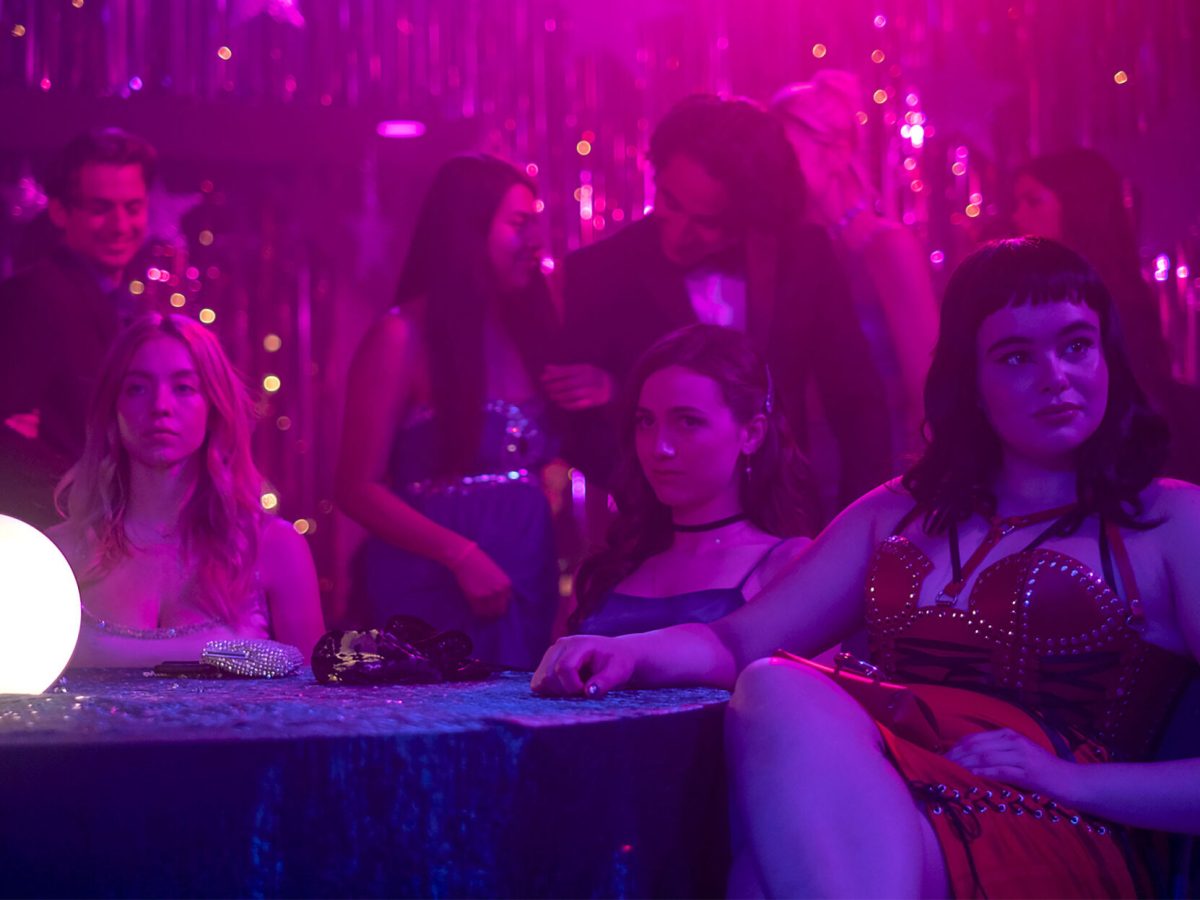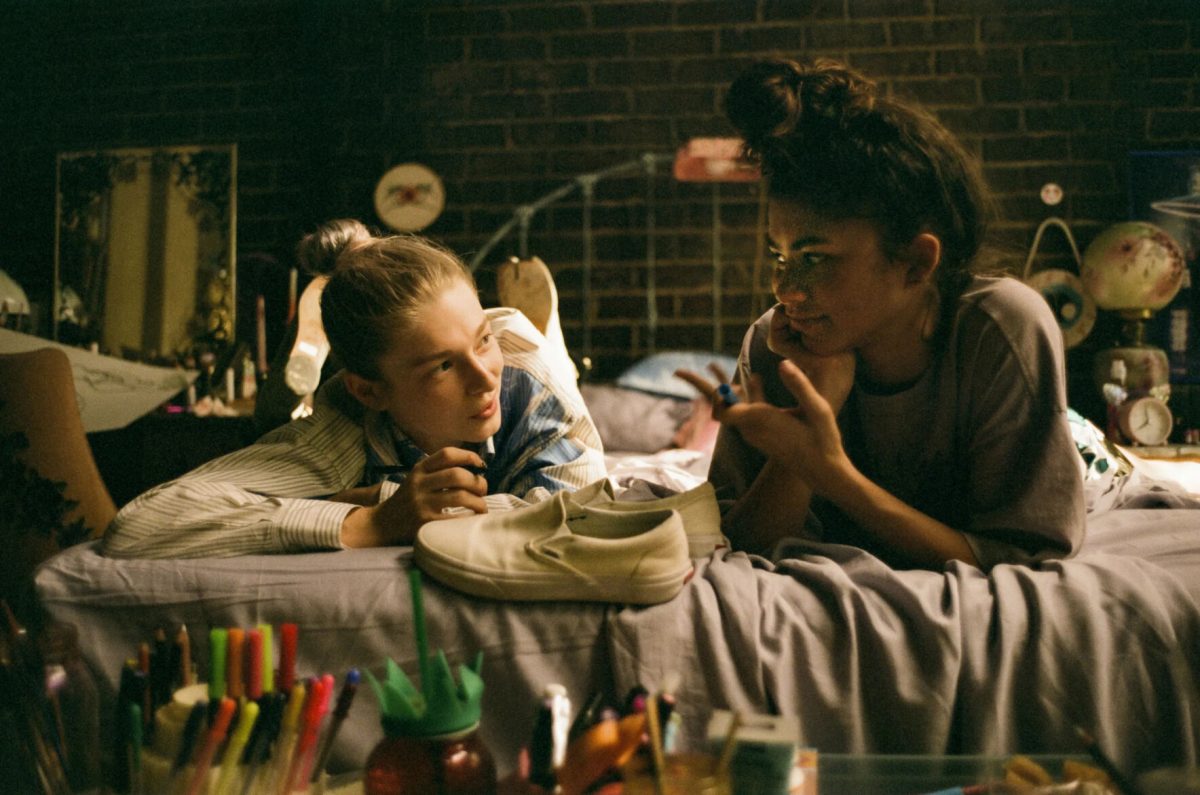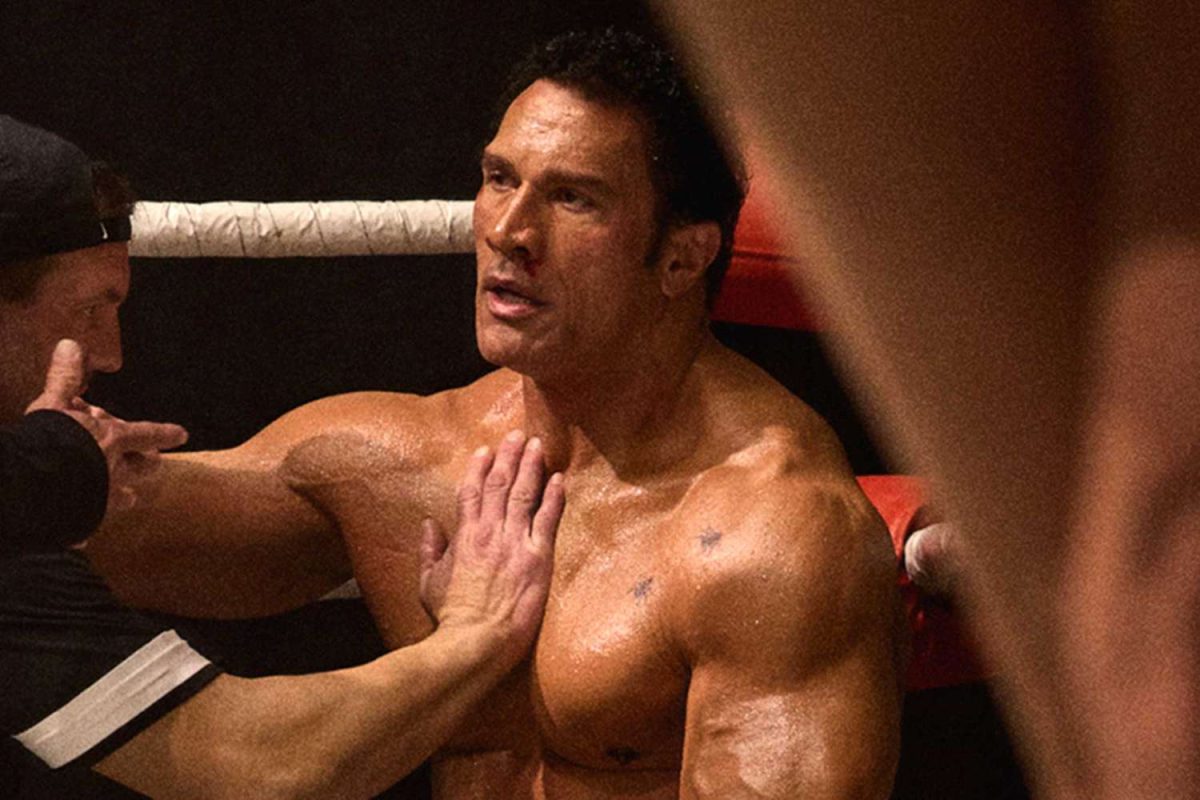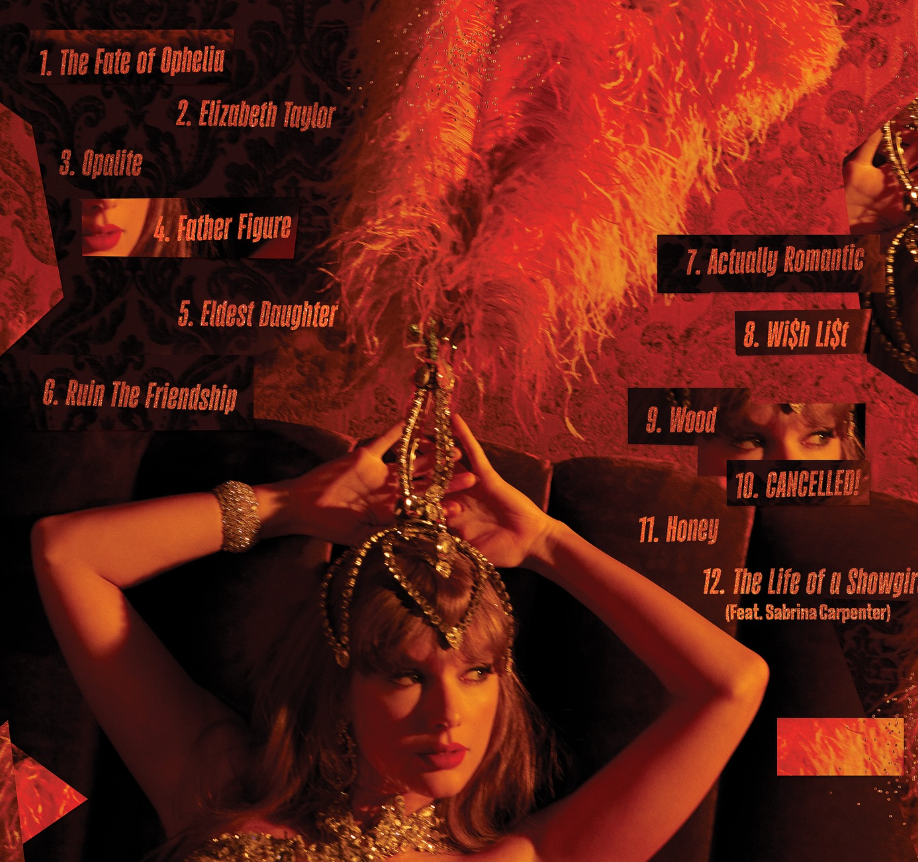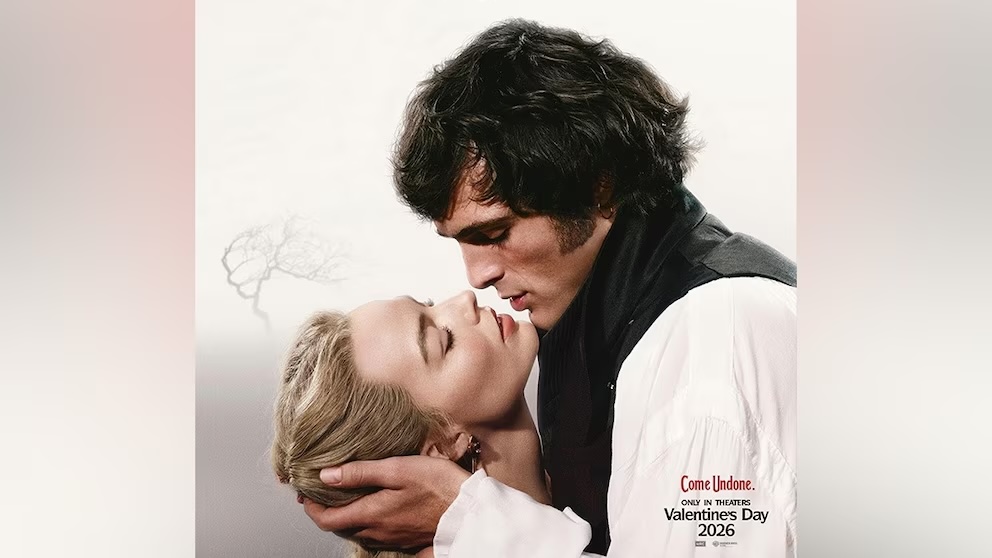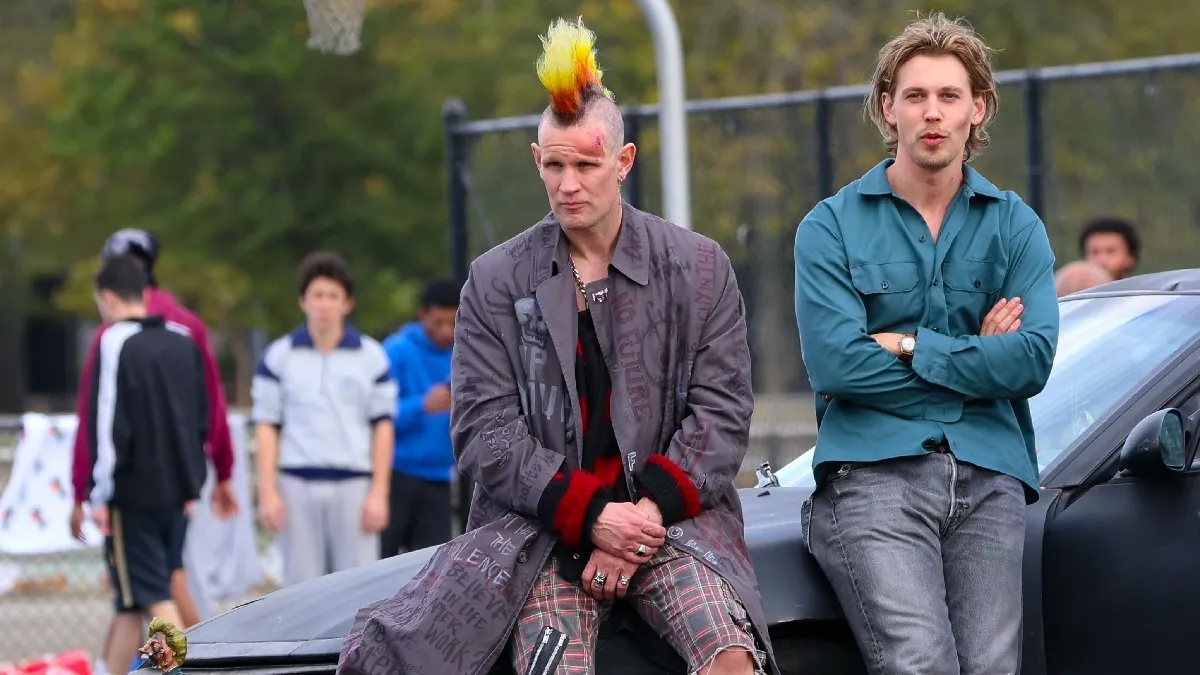HBO’s hit series Euphoria has grown exponentially in popularity and controversy since its premiere in 2019. Over three years, it has been revered for its raw depictions of addiction, identity, domestic violence, mental illness and all other typical drama of high school.
“It’s the most current representation of high school,” said Hunter Schafer, a co-writer who also plays the role of Jules.
But is it an accurate statement to claim the violence and scandal the show’s characters encounter as the universal high school experience? Moreover, is it appropriate to depict the underage characters in such a light?
Many believe the series’ subject matter would be better suited for a college-age ensemble, and that the themes of self-discovery and self-destruction may ring truer to that audience.
It is a bitter truth to face that accessibility to drugs and alcohol in high school is not nearly as low as it should be. However, it increases in college as there are more individuals who are of legal age to buy and consume alcohol and other substances. Parties of the caliber depicted in Euphoria seem dramatized and extravagant to high school viewers of the show.
Watching a 17-year-old Rue grapple with opiate addiction and obsessive-compulsive disorder is heartbreaking. This heartbreak is underscored by her age because at 17, a certain level of innocence is expected. Its blatant absence is gut-wrenching.
But college-age viewers are able to recognize that environment as something they have encountered at some point on campus. Current or incoming high school students will view these scenes as glorified. They may be disappointed that their experience has not lived up to what they saw on television, or afraid that the four years to come will be filled with drugs and violence.
Putting the characters in college would put them on level ground with their adult audience counterparts, who are experienced enough to not place so much stock in what they view in media, being familiar with the environment they are watching, even in a romanticized state.
The presence of violence in the series, specifically domestic and sexual violence, is particularly unsettling to view under the knowledge that the characters have only barely entered adulthood.
About three-quarters of the way into the second season, characters have been seen wielding firearms and putting one another into the hospital with bottle-smashing-related injuries. The first season focused heavily on a physically abusive relationship, and featured various depictions of sexual assault and violence, in some instances between an adult and a child.
Euphoria is rated TV-MA for many of the reasons listed, but predominantly for the depictions of nudity. While all lead actors who have been featured in these scenes are adults over the age of 18, they are still playing children (most of their characters being 17).
As audience members, the knowledge that the actors are legally consenting to being filmed in this manner serves as a hollow comfort to the realization that the completely exposed character on the screen is effectively a child. This would be averted by aging up all of the characters well into adulthood.
What can remain undisputed is the truth that the show’s themes of identity are the most applicable to the experiences lived by teens of the characters’ ages. High school is a time of exploration and formation of one’s character, and something everyone can relate to.
Watching Jules explore new methods of gender expression in her wardrobe, Lexi’s battle with her self-esteem issues and choosing herself over others, and Kat’s overcoming bullying and body-image issues and starting to practice self-love can be so introspective to a teen viewer finding parallels to their own lives in these characters.
Additionally, seeing these intense matters dealt with by children emphasizes their tragedy.
Watching a 17-year-old Rue grapple with opiate addiction and obsessive-compulsive disorder is heartbreaking. This heartbreak is underscored by her age because at 17, a certain level of innocence is expected. Its blatant absence is gut-wrenching.
Creator and head writer of the series Sam Levinson remains open about his own struggles with addiction throughout his early teenage years, and how he has used the series as a way to cope with them and bring awareness to the horrors of childhood drug abuse.
The age of the characters serves as support to the fact that addiction, trauma, and mental illness do not have a face or an age. These are the universal human truths, rather than universal high school ones, placed on the backs of teenaged characters in front of a predominantly teenage audience.
With only one episode left in the second season of Euphoria, the fate of many of the beloved cast of characters remains mostly undecided. Stakes continue to rise and threaten the well-being of each member of the show, and the sense of impending doom is all the more amplified by the adolescent innocence that the actors are able to portray, even when performing these demanding roles.
HBO has confirmed the renewal of the show for a third season where many of the characters will reach the end of their high school careers and move on to the next stages of their lives. The premiere date for the third season is highly anticipated, already, as the question of what a college-set Euphoria will look like on the screen.
The cast of Euphoria, while all being of age, portray underage characters amidst very mature and sexual settings.



